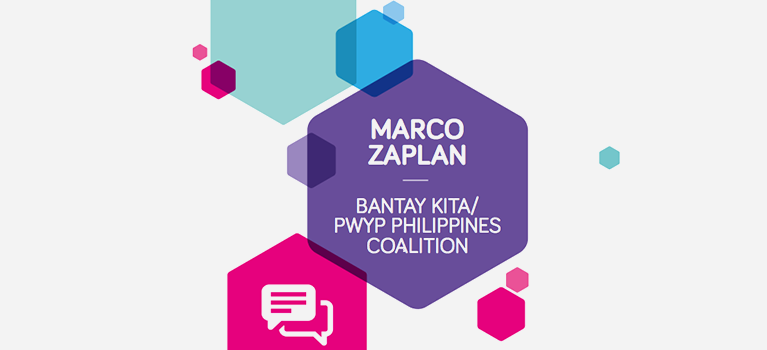Citizens and communities in extractive areas have the right to know how their finite natural resources are governed. As more and more extractives data is opened to the public, the more challenging it becomes
to make these disclosures relevant to local communities.
On December 2014, the Philippines released its first Extractive Industries Transparency Initiative (EITI) country report. A year later, the country published its second report, coincidentally at the same time as the European Union’s mandatory disclosures policy was passed.
As a result, an idea for a project called “Making Data Work for Communities” was initiated with the sole purpose of making sure that data from these reports has an impact at community level. In this case study, PWYP Data Extractor Marco Zaplan describes how he develop the project and what its potential impact is.











